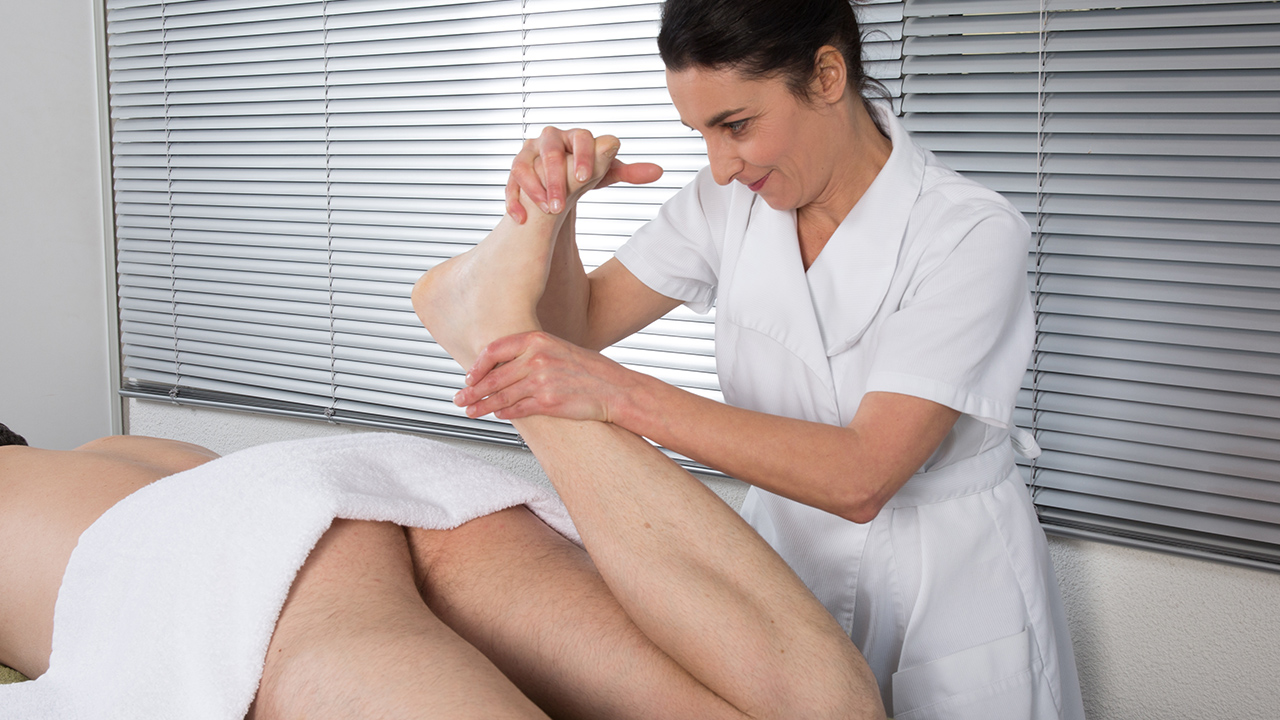What to Do if You Have Prostate Disease

Prostate disease is a common condition that affects men of all ages. It can range from mild to severe, and the symptoms can vary depending on the type of disease.
What are the symptoms of prostate disease?
The symptoms of prostate disease can vary depending on the type of disease. However, some common symptoms include:
Difficulty urinating
Frequent urination
Burning or pain during urination
Blood in the urine
Erectile dysfunction
Pain in the lower back, pelvis, or testicles
What are the different types of prostate disease?
There are several different types of prostate disease, including:
Benign prostatic hyperplasia (BPH) is a non-cancerous enlargement of the prostate gland. It is the most common type of prostate disease, and it affects about half of all men over the age of 50.
Prostate cancer is a type of cancer that starts in the prostate gland. It is the most common type of cancer in men, and it affects about one in every seven men.
Prostatitis is an inflammation of the prostate gland. It can be caused by bacteria, viruses, or other factors.
Urinary tract infection (UTI) is an infection of the urinary tract, which includes the bladder, urethra, and kidneys. UTIs can be caused by bacteria, viruses, or other factors.
What are the risk factors for prostate disease?
There are several risk factors for prostate disease, including:
Age: The risk of prostate disease increases with age.
Family history: Men who have a family history of prostate disease are at an increased risk of developing the disease.
Race: African American men are at an increased risk of prostate cancer.
Diet: A diet high in saturated fat and red meat may increase the risk of prostate cancer.
Obesity: Obese men are at an increased risk of prostate cancer.
Smoking: Smoking may increase the risk of prostate cancer.
How is prostate disease diagnosed?
Prostate disease is diagnosed through a physical exam and a blood test. The physical exam will check for an enlarged prostate gland and other signs of prostate disease. The blood test will measure the level of prostate-specific antigen (PSA) in the blood. PSA is a protein that is produced by the prostate gland. High levels of PSA can indicate prostate disease.
How is prostate disease treated?
The treatment for prostate disease will depend on the type of disease and the severity of the symptoms. Treatment options for BPH include:
Medication: Medication can help to shrink the prostate gland and relieve symptoms.
Surgery: Surgery can be used to remove the prostate gland.
Laser therapy: Laser therapy can be used to shrink the prostate gland.
Treatment options for prostate cancer include:
Surgery: Surgery can be used to remove the prostate gland.
Radiation therapy: Radiation therapy can be used to kill cancer cells.
Chemotherapy: Chemotherapy can be used to kill cancer cells.
Hormone therapy: Hormone therapy can be used to slow the growth of cancer cells.
Treatment options for prostatitis include:
Antibiotics: Antibiotics can be used to treat bacterial prostatitis.
Pain relievers: Pain relievers can be used to relieve pain.
Sitz baths: Sitz baths can help to relieve pain and inflammation.
Treatment options for UTIs include:
Antibiotics: Antibiotics can be used to treat UTIs.
Pain relievers: Pain relievers can be used to relieve pain.
Sitz baths: Sitz baths can help to relieve pain and inflammation.
What can I do to prevent prostate disease?
There are no surefire ways to prevent prostate disease, but there are some things you can do to reduce your risk, including:
Eat a healthy diet: A diet high in fruits, vegetables, and whole grains may help to reduce your risk of prostate disease.
Maintain a healthy weight: Obese men are at an increased risk of prostate cancer.
Exercise regularly: Exercise may help to reduce your risk of prostate disease.
Quit smoking: Smoking may increase the risk of prostate cancer.
Get regular screenings: Men over the age of 50 should get regular prostate cancer screenings.
What to do if you have prostate disease
If you have prostate disease, it is important to see a doctor right away. Early diagnosis and treatment can help to improve your chances of a successful outcome.
The above is all the content that the editor wants to share with you. I sincerely hope that these contents can bring some help to your life and health, and I also wish that your life will be happier and happier.
Topic: #do #if #what















